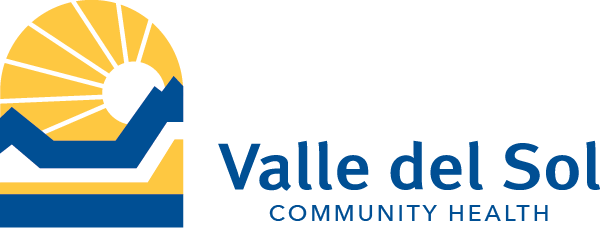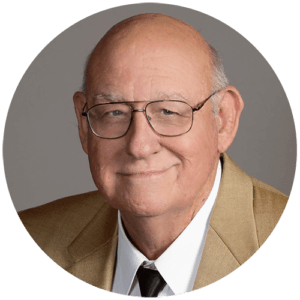Hall Of Fame Award
This award is given in recognition of life-long dedication to Latino issues through efforts that have significantly impacted the lives of many in a positive way and beyond expectations. This honoree’s contributions are of general knowledge to the community in which he/she lives.
About
Arizona native Frank Barrios worked in hydrology most of his career, both with the U.S. Bureau of Reclamation and the Arizona Department of Water Resources. He was appointed to the CAWCD Board of Directors in January 2003 and served until December 31, 2006.
Frank Barrios’ career was always closely linked to CAP and Arizona water issues. It started in 1966, when the young engineer was looking for work and found an open job with the U.S. Bureau of Reclamation (BOR).
“I grew up with the whole issue of the Central Arizona Project,” said Barrios. “It just appealed to me, the idea of working, although at the time none of it had been authorized.”
So after graduation and a brief road trip, Barrios started work at the BOR Phoenix Development Office, which focused on planning for CAP. He was part of a training program that exposed him to a little bit of everything, and upon completion of the program, he chose hydrology, which ended up being his life’s work. In fact, he was still with BOR when the Colorado River Basin Project Act was signed in 1968.
He left BOR in 1975 and moved across the street…literally…to the newly created state office called the Arizona Water Commission, later renamed the Arizona Department of Water Resources, where he worked for Wes Steiner on a project to help save money so the taxpayers of CAP wouldn’t have to pay as much. He spent time as a Director for both the Pinal and Phoenix Active Management areas, focused on groundwater management. Then he worked in Colorado River Planning where he stayed until he retired in 1998.
But his career linked to CAP wasn’t over. In 2003, Governor Janet Napolitano appointed him to the CAWCD Board of Directors, where he served for three years.
When he reflects back, the importance of much of his work is clear: Plan 6, Arizona Water Settlements Act, groundwater management.
So what surprises this third-generation Arizonan? The exceptional growth that has occurred.
“If you’d have told me Phoenix would have been the fifth largest city in the United States, no way I would ever have believed that,” said Barrios.
But the state’s sustainable growth has only been possible because of the tireless work of Barrios and others in the water community.



